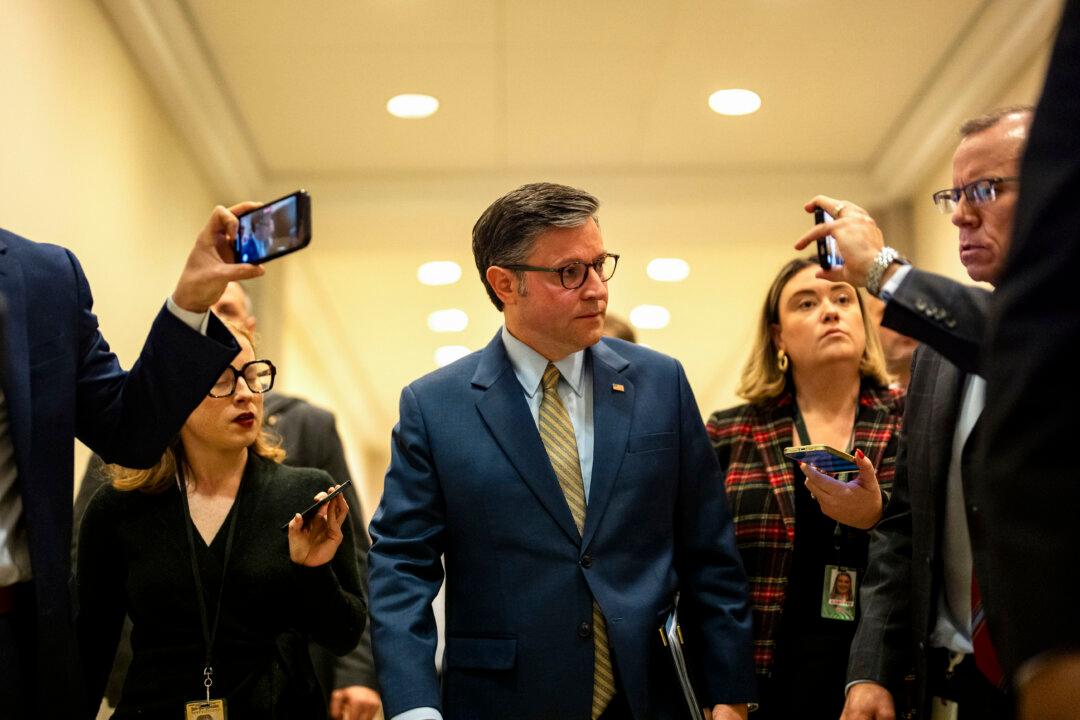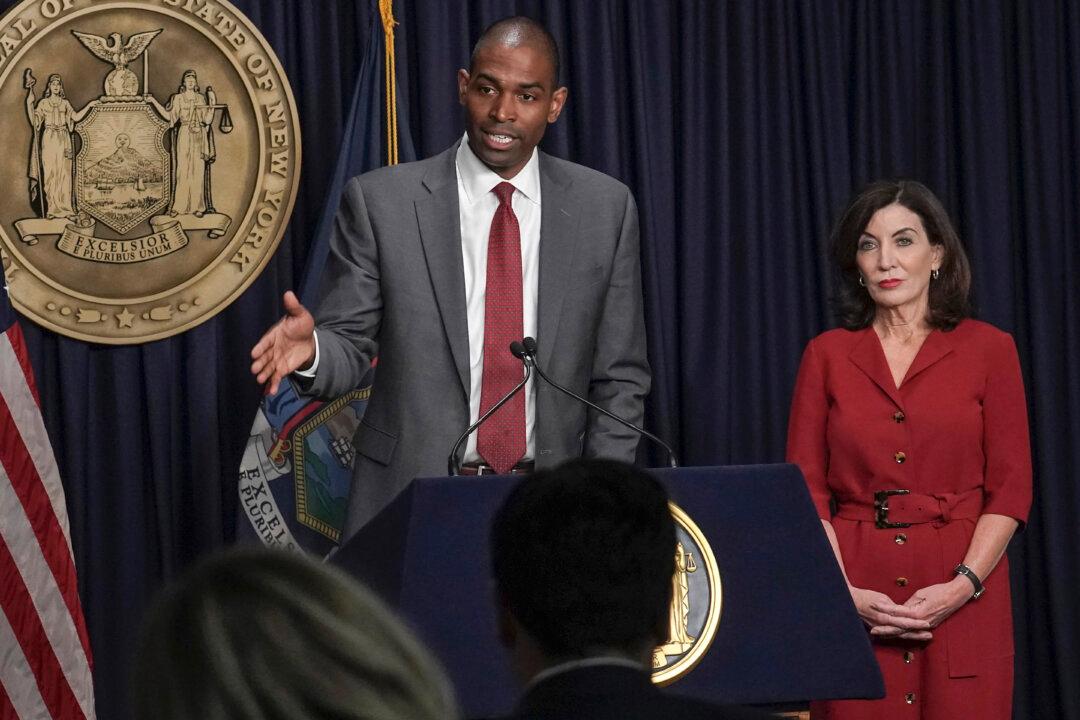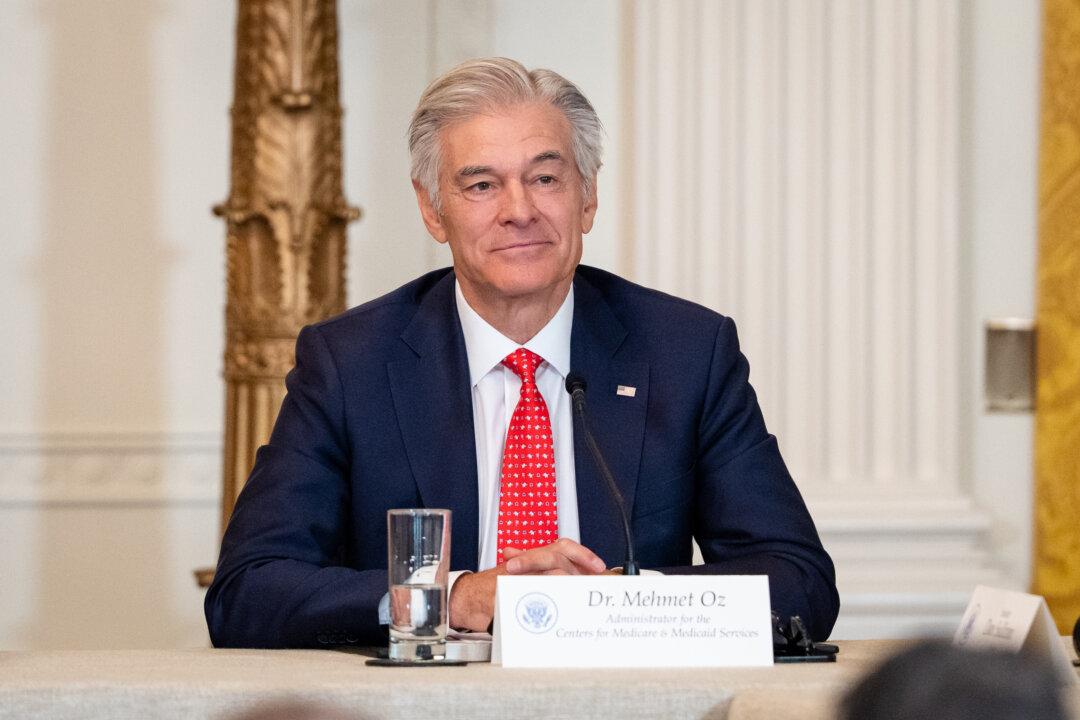WASHINGTON—After many delays, the House Republican Conference will release a plan for enacting the campaign promises of President Donald Trump on Feb. 11, according to remarks by their leadership that morning.
The Republican Party has a majority in both houses of Congress, though it cannot pass partisan legislation using normal proceedings because of the Senate’s “cloture” requirement—which requires 60 senators to vote to limit debate on a measure, or else it is filibustered. With Republicans only holding 53 seats in the Senate, they do not have enough votes to invoke cloture, and 7 Democrats are unlikely to support them.





